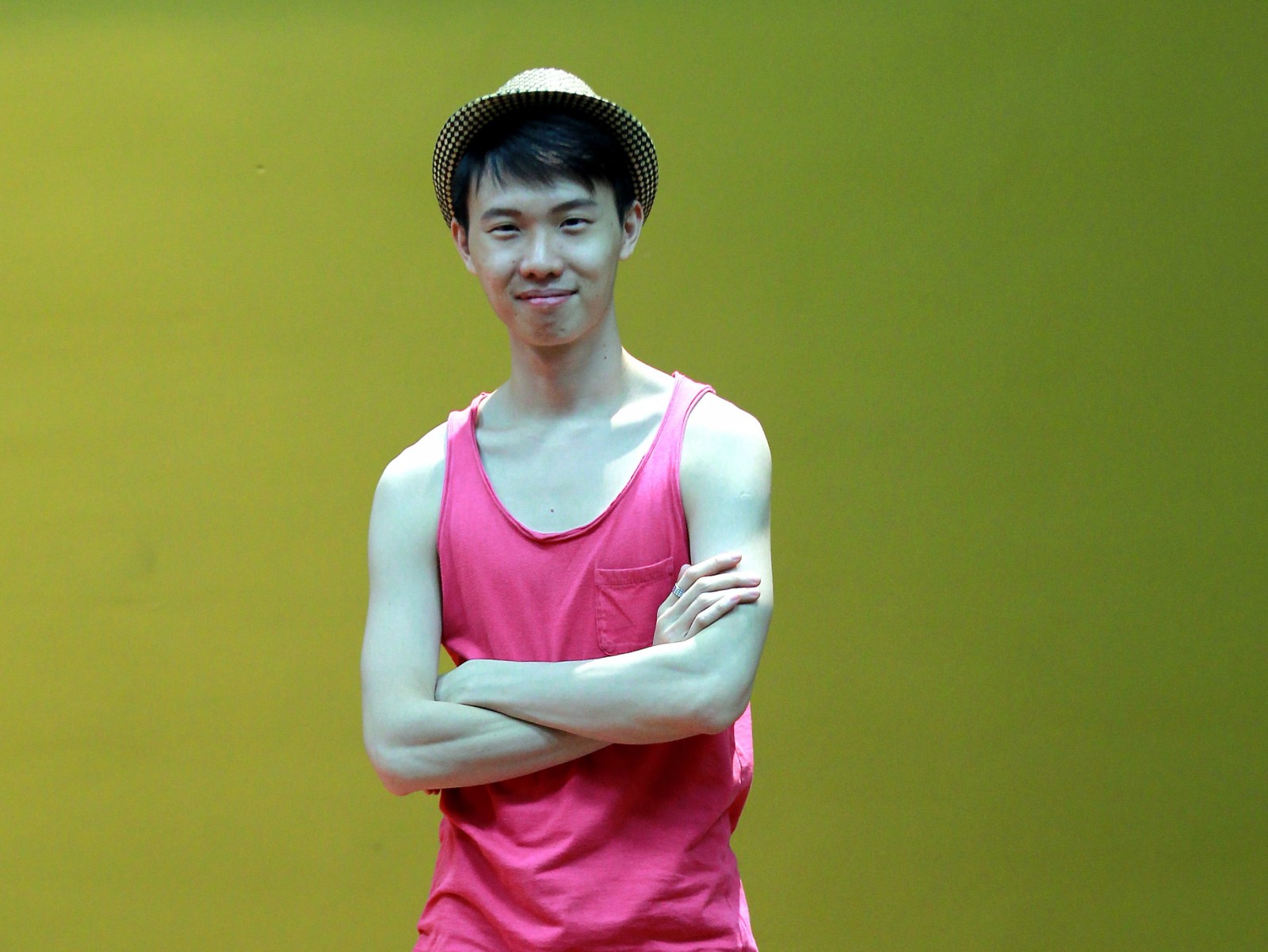Here are some of the exercises theater actor/director Dennis Yeap uses in his Dramatic Confidence 101 workshop to boost actors’ confidence.
He said: “Confidence is gained when people are able to present themselves the way they are and not afraid of making mistakes.”
1. Letter writing
This exercise requires participants to pretend to write letters to someone they have a strong emotional connection with – both good and bad – and express their deepest feelings in the letter. The letter need not be delivered because the purpose of this exercise is to display vulnerability. Then, gather a group of people in a circle, all of whom have done the same, and have each person read their letters out loud to the people in the circle. This forces them to be open and comfortable with their vulnerabilities.
2. “I failed!”
In a circle, each participant needs to loudly shout “I failed!”, followed by a claim of positive self-realisation or self-encouragement. For example, “I failed! And I will learn to be a better person!” After each person proudly admits his or her failure, the rest of the circle will have to applaud. This is to help you change your perception on your own personal failures, and instead of looking at them as a step that brings you down, treat them as a way of moving forward.
3. “I succeeded!”
It works the same as “I failed!”, except that participants would have to replace “I failed!” with “I succeeded!”. This is to recognise success, so the technique that contributes to the success can be repeated. Also, this exercise helps one to stop comparing success stories between people. Yeap said, “If you keep comparing, you’ll never be good enough for the rest of the world.”
4. Imagination/visualisation
In this exercise, you have to access old memories and visualise that memory through your five senses. After doing that, you create a fake memory in your mind and imagine how it would feel through your senses. This is to train you to focus and visualise your next move on stage before actually doing it. It’ll also enable you to concentrate on what needs to be done, diverting your attention from feeling self-conscious about your performance. Therefore, you won’t feel too nervous.
5. Reading
Lastly, in this exercise, you would have to “read” another person and voice out the first thought that comes into your head on what you think that person’s personality or past is all about. You may get it wrong, but that’s not the point. The purpose of this exercise is to see everybody you meet as human beings, instead of mere beings that exist. This also helps you feel less inhibited.







Leave a reply